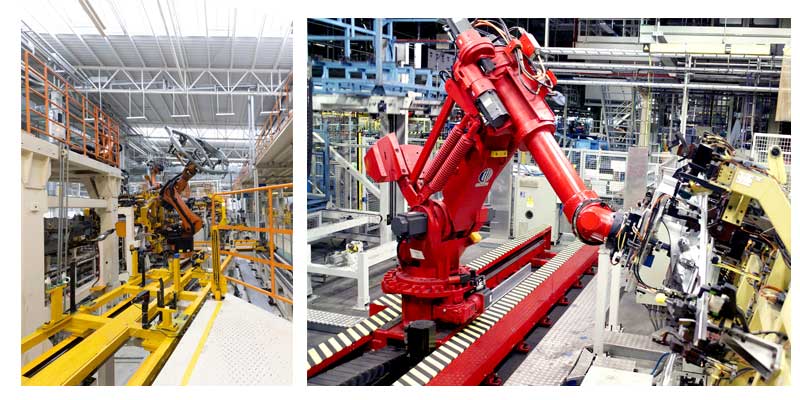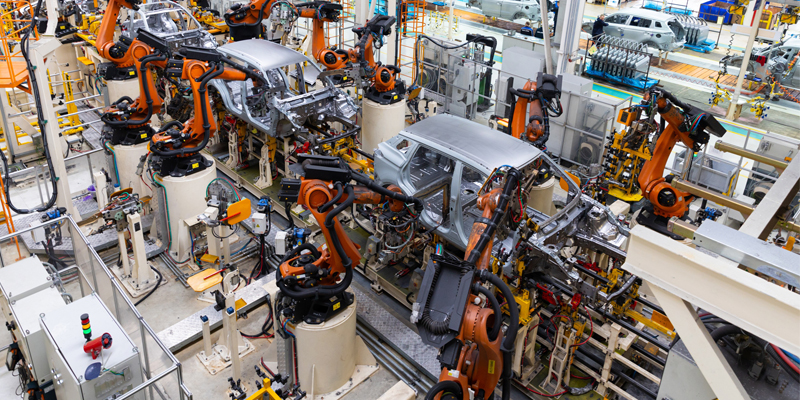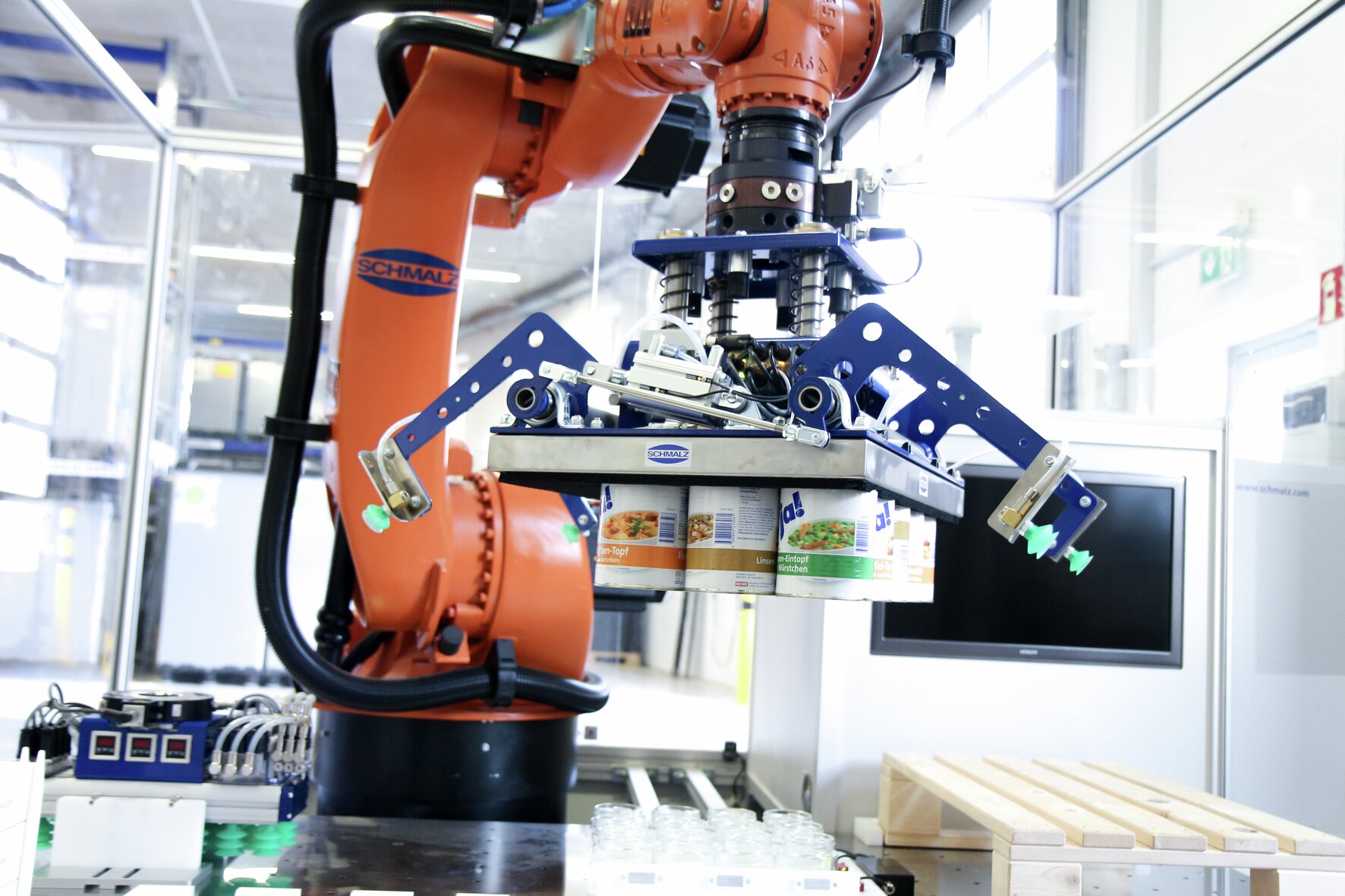Schedule a Call Back
Future of manufacturing: Robotics reshaping the assembly line
 Articles
Articles- Nov 28,23

Related Stories

Smart Factories in India: Reality or Distant Dream?
As India moves toward its goal of becoming a $7 trillion economy by 2030, embracing smart manufacturing technologies will be crucial for achieving this ambitious target, writes Rakesh Rao. But, is t..
Read more
Driving Efficiency: Schmalz Gripping Systems for India's Manufacturing Future
As the market demands speed, agility, and reliability, Schmalz gripping systems are enabling the next generation automation of Indian manufacturing sector.
Read more
ARC’s 23rd India Forum: Winning in the Industrial AI Era
ARC’s 23rd India Forum, Winning in the Industrial AI Era, G Ganapathiraman, ARC Advisory Group, Industrial AI, Smart Manufacturing, Digital Transformation, AI in Industry 4.0, Predictive Maintenan..
Read moreRelated Products

Digital Colony Counter
Rising Sun Enterprises supplies digital colony counter.
Robotic Welding SPM
Primo Automation Systems Pvt. Ltd. manufactures, supplies and exports robotic welding SPM.

Heat Exchanger Scale Removal Compound -hesr-300
Hi There!
Now get regular updates from IPF Magazine on WhatsApp!
Click on link below, message us with a simple hi, and SAVE our number
You will have subscribed to our Industrial News on Whatsapp! Enjoy

















